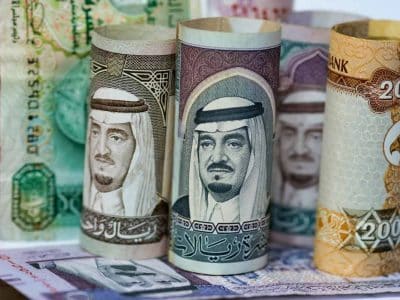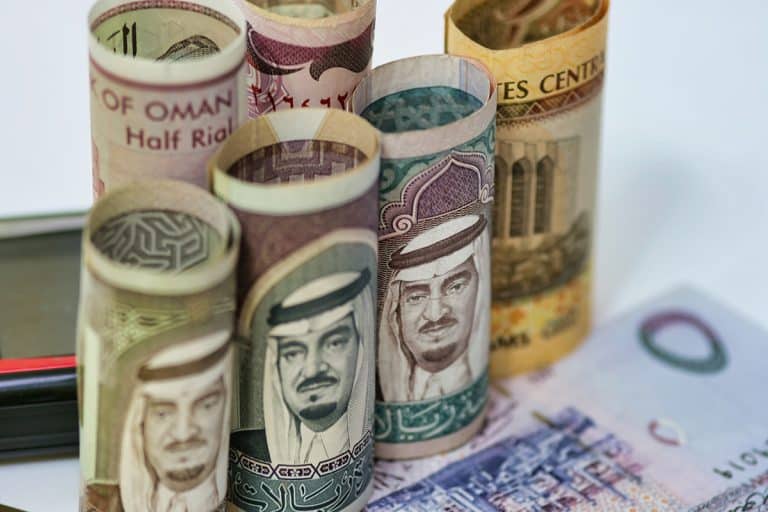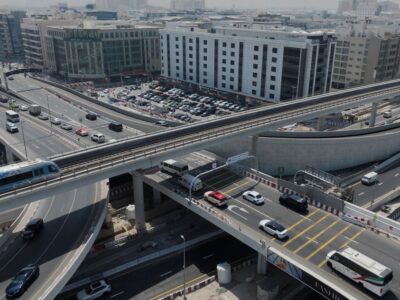Most Gulf Cooperation Council (GCC) countries are set to maintain fiscal surpluses in 2025 even as oil prices drop to $70 per barrel, supported by widespread economic reforms and enhanced capital expenditure that have strengthened their ability to weather oil price fluctuations, Fitch Ratings said on Tuesday.
The rating agency, which upgraded a record four Middle East and North Africa sovereigns in 2024, maintains a neutral outlook for the region, with 86 per cent of rated countries holding stable outlooks – the highest proportion since 2017 and well above the past decade’s average.
“Reforms and large capital expenditure have enhanced GCC sovereigns’ capacity to absorb lower oil prices,” said Paul Gamble, Head of Middle East/Africa Sovereigns at Fitch.
“Non-oil growth is set to remain robust, reflecting investment – both public and private – which is benefiting from reforms to the business environment and labour markets. Reforms and FDI will support economic activity in the region’s non-oil exporters, but growth will be weak.”
Government-related entities drive growth
Government-related entities (GREs) continue to play a crucial role in regional development, particularly in Abu Dhabi and Saudi Arabia, where their debt is expected to rise.
However, Fitch noted that sovereigns are focusing on balance sheet optimisation through asset sales to support deleveraging.
The agency identified Oman and Qatar as countries where GRE debt poses the highest potential impact on sovereign ratings due to exposure levels relative to balance sheet strength.
Impact of conflict in wider Middle East
Despite ongoing regional tensions, including the Israel-Gaza conflict and uncertainty around Iran’s position, the impact on sovereign ratings has been limited in 2024.
Egypt and Jordan face the greatest spillover risks due to their proximity to conflicts and, in Jordan’s case, a large Palestinian population. Effects have mainly manifested in lower consumer confidence, weaker tourism, and reduced Suez Canal revenues.
Fitch’s base case assumes GCC nations will avoid direct involvement in regional conflicts, though risks remain of potential Iranian or Houthi attacks on Gulf interests in response to Israeli actions against Iranian facilities.
Non-oil exporters show mixed picture
For the region’s non-oil exporters, the outlook presents both challenges and opportunities. Egypt’s current account deficit remains significant but is expected to be largely covered by foreign direct investment, including the massive Ras El-Hekma deal and planned Saudi investments.
Morocco and Egypt are benefiting from substantial FDI-funded projects, while Jordan continues to receive significant multilateral and bilateral assistance.
Tunisia, despite a 2024 upgrade, still faces considerable external financing challenges given its high financing requirements. However, compressed imports, strong remittances, and weaker commodity prices are expected to help contain its current account deficit.
Political stability and reform progress
The report highlighted varying levels of political stability across the region, with Qatar, the UAE, and Oman ranking highest on World Bank governance indicators. Reform implementation continues across the region, with particular focus on fiscal measures including tax introductions, subsidy overhauls, and expenditure rationalization.
Bahrain’s situation warrants particular attention, Fitch noted, as its debt-to-GDP ratio ranks as the fourth highest among all Fitch-rated sovereigns, with a new fiscal plan expected in the coming year.
Looking ahead to 2025, the agency said that while regional geopolitical risks remain significant, the GCC economies appear well-positioned to maintain stability, supported by prudent fiscal management and ongoing economic diversification efforts.








